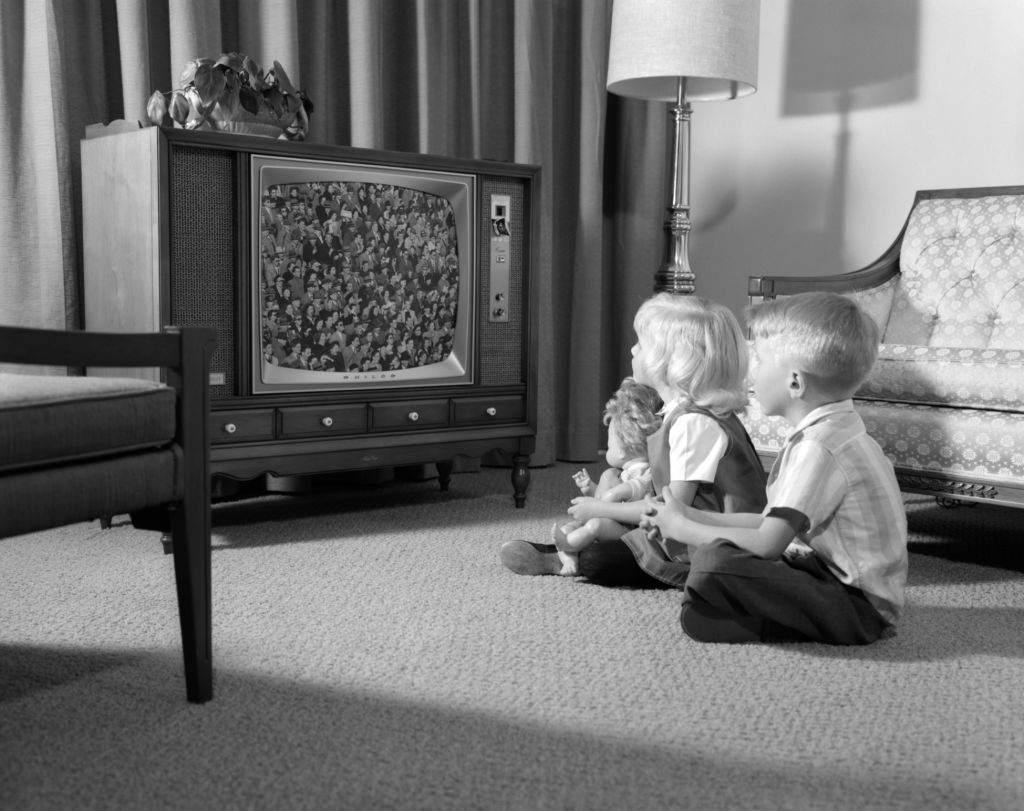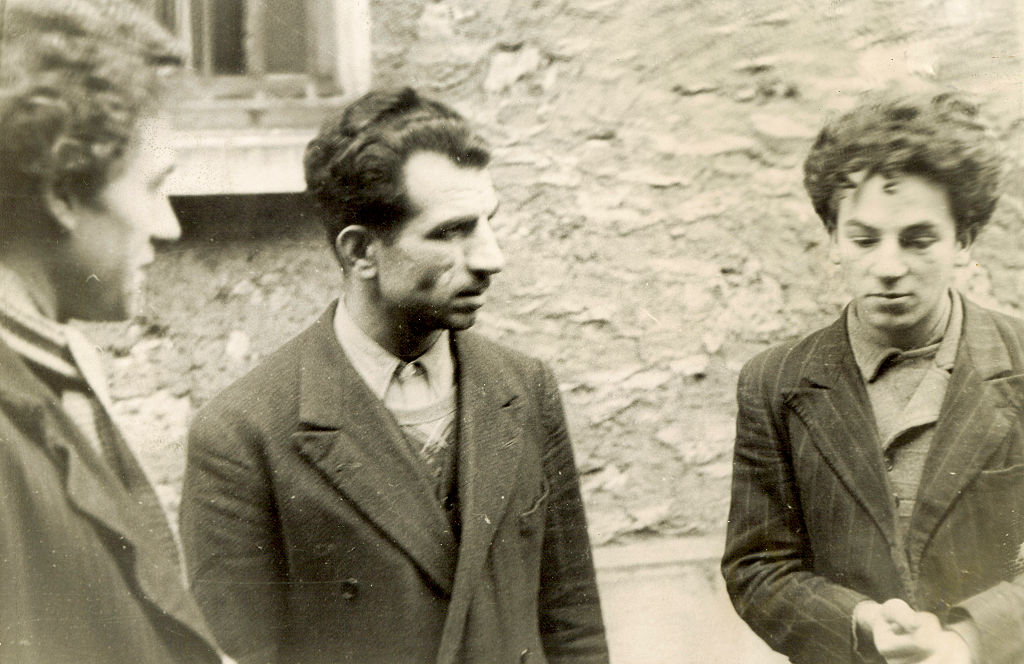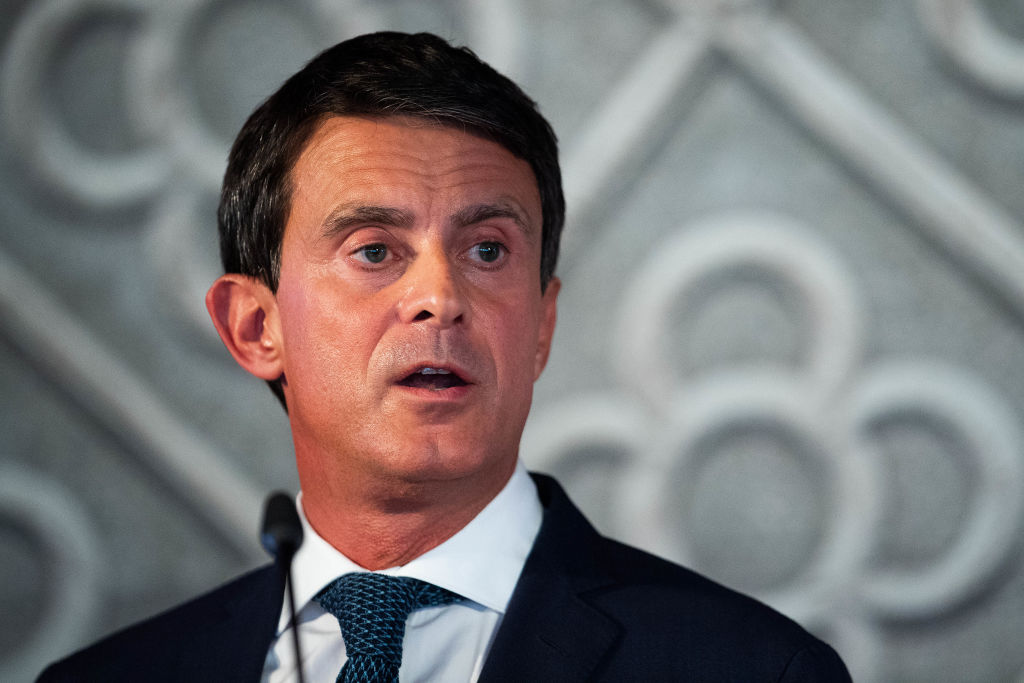Eight years after the encyclical Laudato Si, Pope Francis published another document, called an apostolic exhortation, to say what has been done – and what has not been done – in terms of commitment to the environment in recent years. It is aiming to set the agenda, the hope, even the dream for COP 28 to be held in the United Arab Emirates in December.
The exhortation is called Laudate Deum and presents itself as one of the most political documents of Pope Francis’ pontificate. It contains data, figures, and reports from various international organisations, strongly supported by the Pope. The Laudate Deum even bitterly complains about certain “contemptuous and unreasonable” opinion held by some in the Catholic world.
With the exhortation, Pope Francis takes a clear position in the environmental debate, placing himself and the entire Church on the side of those who maintain that climate change is caused by man, as demonstrated by the acceleration of some climatic phenomena.
In fact it goes further; the Pope rejects any other type of hypothesis or explanation for climate change.
Its predecessor Laudato Si was written in the run up to COP21 in Paris in 2015. Pope Francis once said that the idea of an encyclical on the topic was born from a meeting with Segolene Royal, then the Fench minister of the environment, who had urged him to write something before the climate summit in Paris.
In 2015 the Pope chose to do so in the form of an encyclical, one of the documents of the papal magisterium that has greatest weight. Encyclicals must be consistent with Catholic doctrine and pass the scrutiny of various Vatican offices so that what is proposed is in line with the universal teaching of the Church.
For this reason, Laudato Si is not just an encyclical on the climate but an encyclical that places the environmental problem within a doctrinal framework that goes from the defence of life to the protection of creation and develops the concept of human ecology.
The Laudate Deum is instead an exhortation, a document written by the Pope in his hand, something more personal. The Pope, therefore, prefers a “light” form of paper to calibrate it to his linking and personalise it. It is a text that looks specifically at the present moment.
We find a document that is divided into three sections. First, Pope Francis highlights environmental problems, reels off data, and complains that not enough has been done in the face of the climate crisis, accelerated by human action.
Secondly, the Pope proposes a change in the global multilateral architecture, which makes the ethics and dignity of the person prevail over personal interests. Pope Francis underlines the need for old diplomacy but rethought according to modern challenges.
Likewise, the Pope does not want to underestimate the role of politics because political efforts have allowed even the poorest states to have a voice.
However, his analysis is precise: if we don’t talk about climate change, if instead projects that have a terrible environmental impact are developed in the name of progress, this is for purely economic reasons.
The Pope argues that not considering care for the environment works against people experiencing poverty.
Pope Francis looks forward directly to COP 28 in the United Arab Emirates. “If we have faith in the ability of human beings to transcend their small interests and think big …, we cannot give up dreaming that COP28 will lead to a decisive acceleration of the energy transition, with effective commitments that can be monitored.”
In short, COP28 “can be a turning point”, but only if we end “the irresponsible mockery that presents the issue as only environmental, ‘green’, romantic, often ridiculed for economic interests. Let’s finally admit that this is a human and social problem in a broad sense and at various levels. This requires everyone’s involvement.”
These words demonstrate how this exhortation is, ultimately, an “exhortation of purpose”, an “instant document” intended to fuel the debate today, here and now, in the run up to the COP meeting in the UAE.
The third part of Pope Francis’s document explains the Catholic commitment to the environment. Oddly, it appears as something of a side note, a necessary act in a pontifical document which must say something Catholic.
The Laudate Deum brings in themes that go beyond the expectations for COP 28.
The most interesting is that of the new multilateral architecture. This is not something new for the Holy See. For some time, the Holy See has been calling for a reform of the United Nations to make it more representative of the Global South. The so-called G-meetings (G8, G20) have also come in for criticism as exclusive clubs where the little ones do not find a voice.
This predates Francis. Indeed, Benedict XVI’s encyclical Caritas in Veritate asked for a “world authority with universal competencies” to make corrective changes to the financial and economic system and allow global imbalances to be overcome.
The fact that Pope Francis takes up the theme again could be an actual opportunity to rethink the global diplomatic architecture. It is a dramatically current theme, especially in a Europe torn apart by the war in Ukraine, where regional geopolitical crises can only be resolved with everyone’s contribution.
It will be from here that the Holy See’s diplomacy will start building the guidelines that will impact diplomatic relations in the near future. The environmental issue will remain a leading topic of discussion. The Vatican’s diplomacy will seek a balance between the positions taken by Pope Francis and a more moderate approach to the issues of the environment and global governance.





Blair, Royal, Timmermans: Is this the summer of the political walking dead?